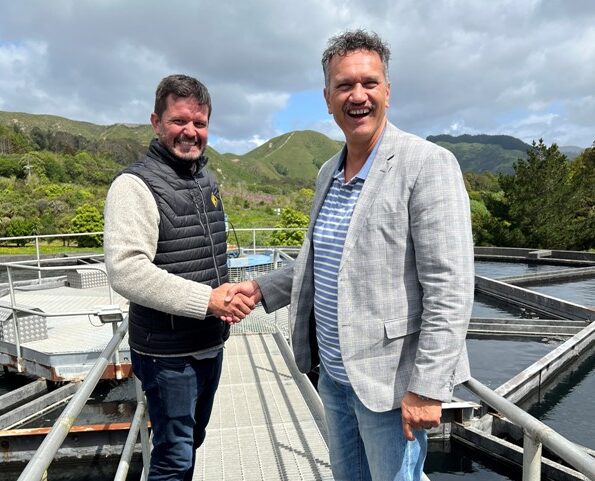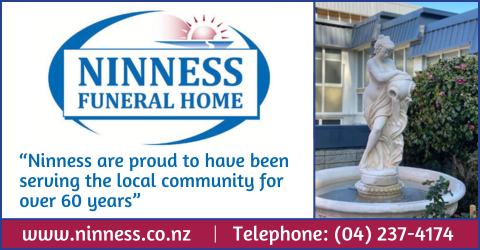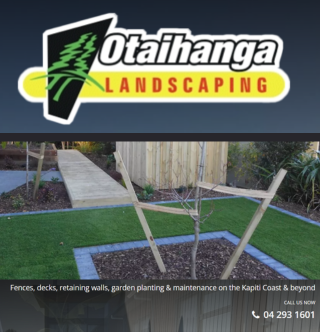
Kāpiti Coast District Council chief executive Darren Edwards this week signed the contract for a $22 million upgrade of the Waikanae Water Treatment Plant.
“Council is committed to providing safe, clean, reliable and resilient drinking water supplies to homes and businesses. The Waikanae Water Treatment Plant is some of our district’s most important infrastructure. It provides drinking water to 41,000 people in homes and businesses across Waikanae, Paraparaumu and Raumati,” says Mr Edwards.
The two-and-a-half-year project follows enabling works which were completed last year and included relocating a stormwater line and other utilities to make way for the new equipment.
The main works include building a rapid mix tank (to mix coagulants and flocculants which bind fine particles in the water), a new clarifier (a large tank where the bound particles clump together) and storage tanks for the coagulant and flocculant additives. Pumps and dosing equipment which are getting towards the end of their useful life will also be renewed. Safety improvements include constructing a new building to house chlorine tanks and dosing systems.
Mr Edwards says the project will improve the resilience of our district’s main water supply with new equipment bringing key parts of the 50-year-old plant up to current seismic standards.
“One of the first tasks of the project involves building a new access lane onto Reikorangi Road,” says Mr Edwards.”
He says the new accessway will improve safety for large delivery vehicles by providing a wider entrance with better sight lines.
The project is stage two of a planned three-staged upgrade of the Waikanae Water Treatment Plant. The award-winning first stage of the project, construction of the river recharge groundwater scheme, was completed in 2015.
Mr Edwards says stage three is currently planned for approximately 2028 and is likely to include replacing the UV units, upgrading the sludge and wastewater (waste from the clarifier and filter backwash water) handling systems, refurbishing existing sand filters and building two additional sand filters.
Funding for the stage two works includes a $5.2 million grant from the Government’s Three Waters Reform Programme.




































